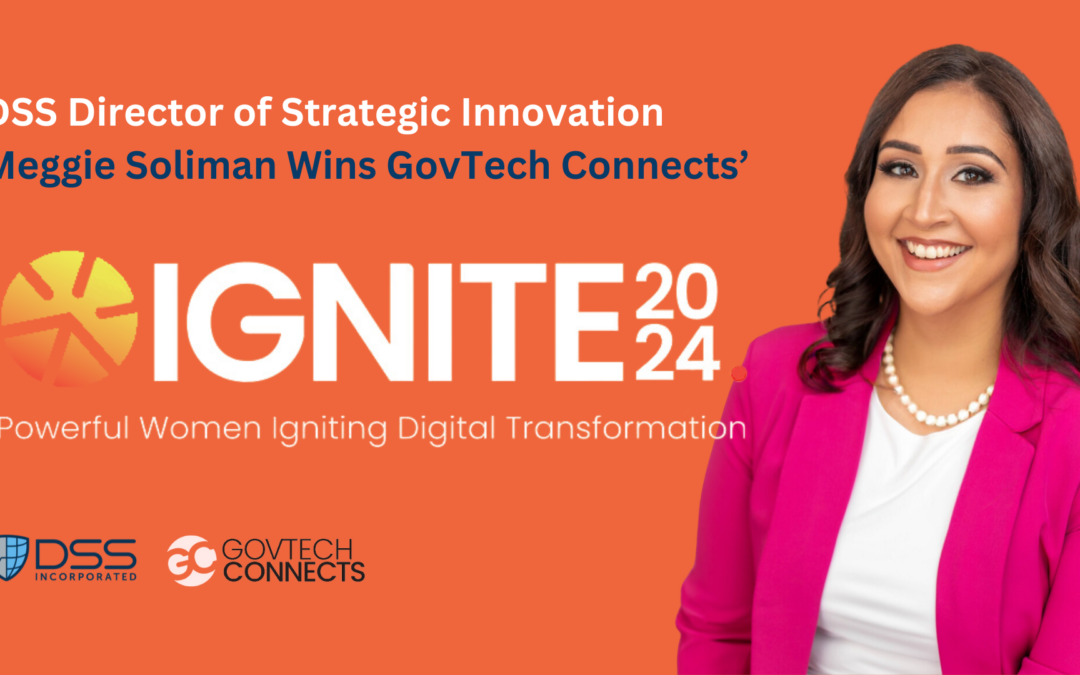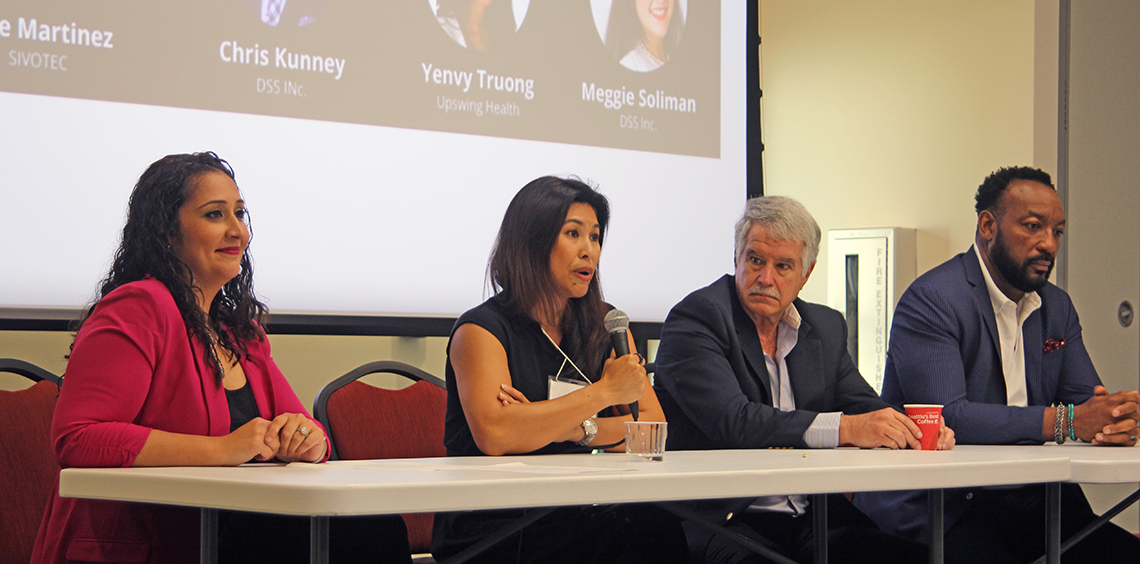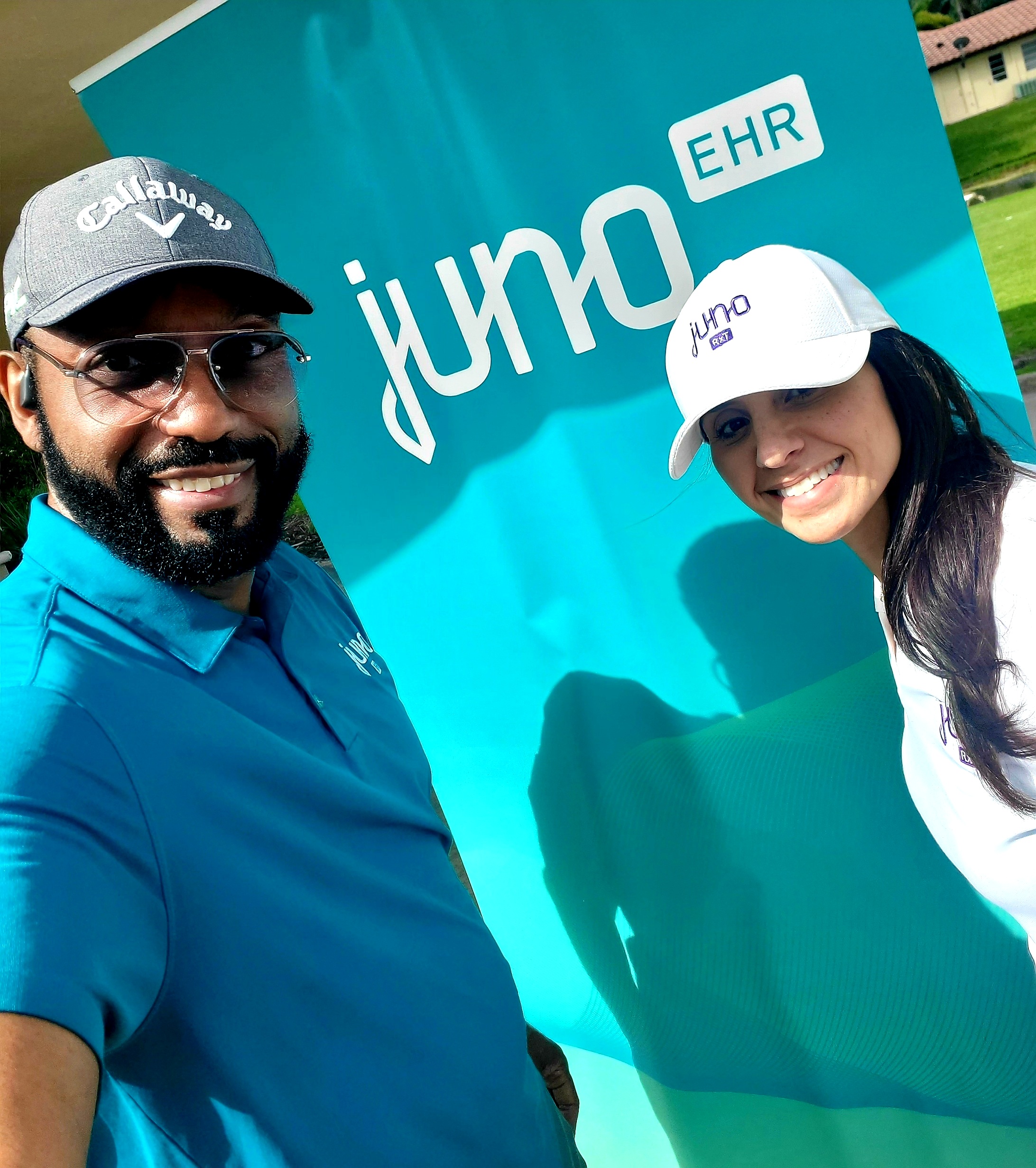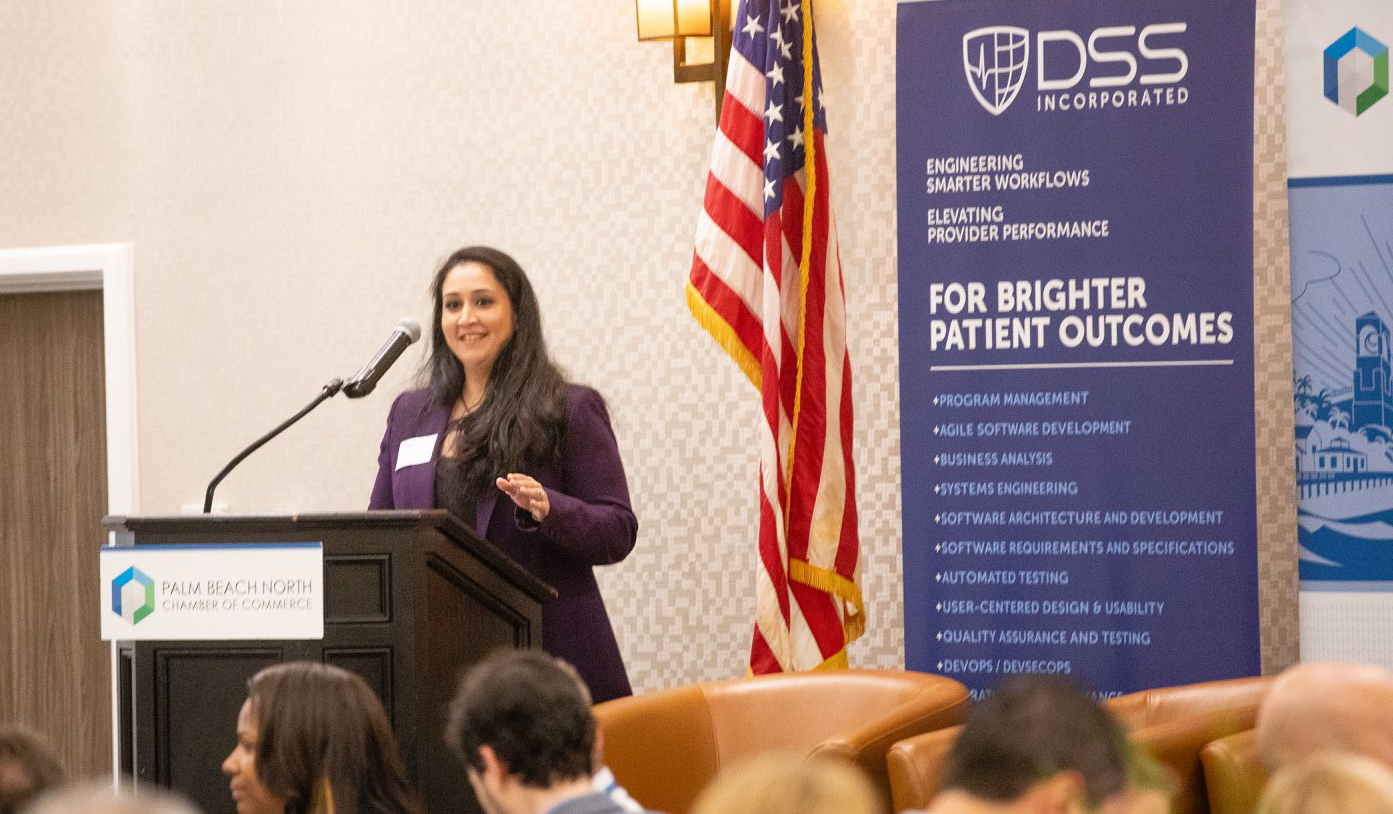
by Nikki Cabus | Apr 26, 2024 | Blog
Document Storage Systems, Inc. (DSS), a leading provider of health information technology (HIT) solutions for federal, private and public health care organizations, announced that Meggie Soliman, director of strategic innovation at DSS, has been selected as a winner...
by Jeff Kurzner | Feb 9, 2024 | Blog
Document Storage Systems, Inc. (DSS) announced it has been named a third-place winner in Phase 2 of the precisionFDA Veterans Cardiac Health and AI Model Predictions (V-CHAMPS) Challenge. Palm Beach County-based DSS Inc. is a leading provider of health information...

by Nikki Cabus | Jun 10, 2022 | Blog
Back in person for the first time since the pandemic, the Florida Atlantic University Data-Driven Science & AI Conference brought together industry leaders, students, and researchers from multiple industries. This is the fourth conference for the Schmidt College...

by Riley Kaminer | May 31, 2021 | Member Spotlights
Business: Health information software development and systems integration company Launched: 1991 HQ: Juno Beach Employees: 600+ Website: DSSInc.com Healthcare is one of the biggest businesses in the United States, making up almost 18% of GDP. For technologists looking...

by Nancy Dahlberg | Apr 20, 2020 | Member Spotlights
Business: DSS is a health information software development and systems integration company, providing solutions at VA medical facilities nationwide, as well as in the private sector. Year founded: 1991 CEO: Mark Byers Headquarters: Juno Beach Employees: 600...





